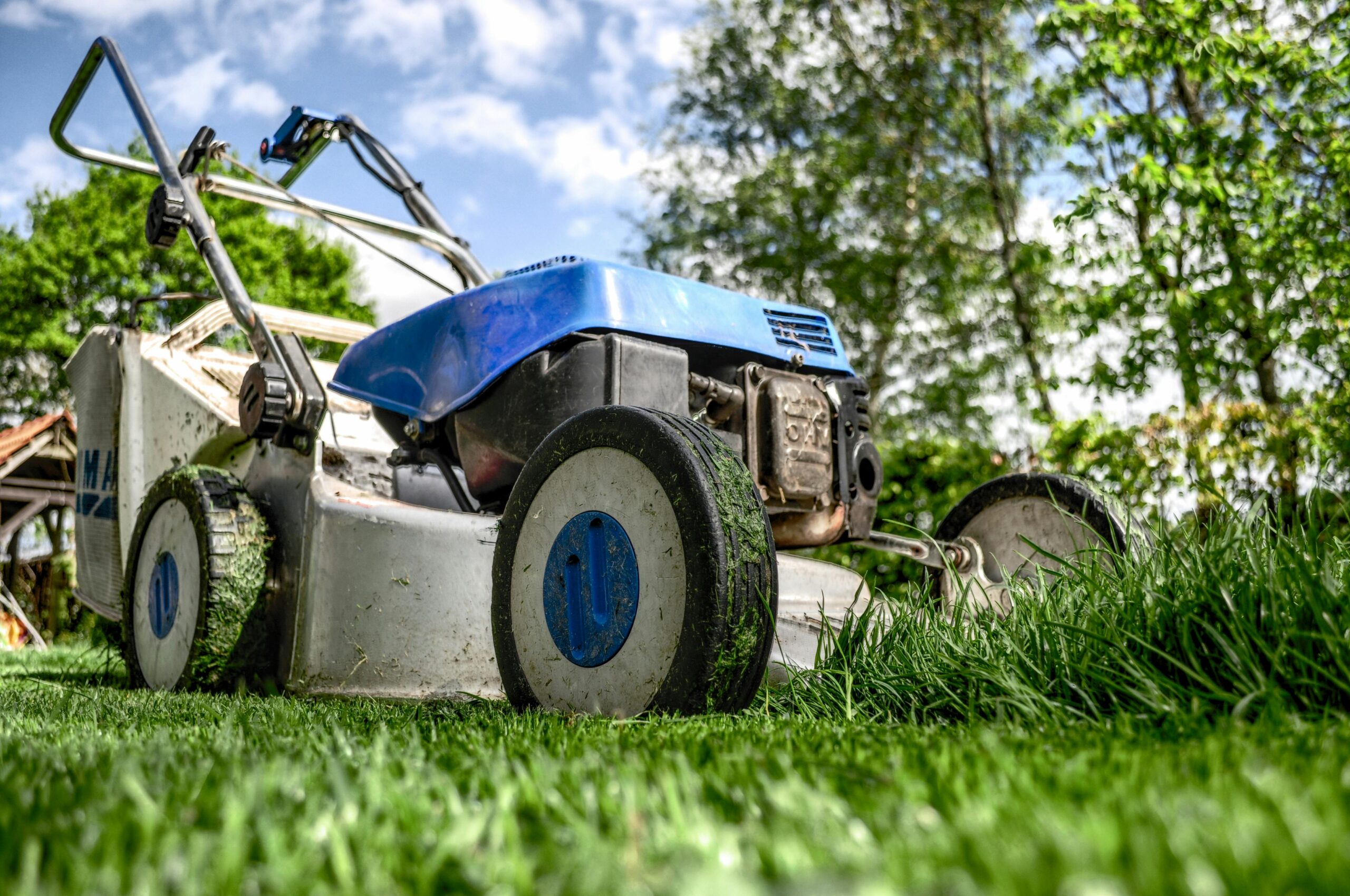As homeowners strive for lush green lawns without the hassle of traditional maintenance, innovative technologies are stepping in to revolutionise lawn care. From robotic mowers to smart irrigation systems, these advancements save time and promote sustainability. Understanding these innovations is crucial for improving outdoor spaces while reducing environmental footprints.
Lawn Care Innovations
Lawn care advancements focus on enhancing efficiency and sustainability for homeowners. Key technologies include robotic mowers, smart irrigation systems, and eco-friendly lawn care products.
Robotic Mowers
Robotic mowers, including various 2 wheel-drive remote control lawn mower models, operate autonomously, maintaining lawns with minimal human intervention. Equipped with sensors, these devices navigate obstacles and manage uneven terrain. Many models allow users to set schedules and monitor progress through smartphone apps, reducing energy consumption by approximately 20% compared to traditional mowers.
Smart Irrigation Systems
Smart irrigation systems optimise water usage by adjusting schedules based on weather conditions and soil moisture levels. These systems conserve water and ensure lawns receive adequate hydration, saving up to 50% more water compared to conventional methods. Remote monitoring via smartphone apps adds convenience, ensuring healthier grass and improved drought resilience.
Eco-Friendly Products
Eco-friendly lawn care products prioritise natural ingredients and reduce chemical usage. Organic fertilisers and pest control solutions contribute to healthier soil and improved biodiversity. Studies show these methods promote beneficial microorganisms and improve soil health, leading to a more resilient lawn ecosystem.
Lawn Care Apps and Drones
Lawn care apps assist homeowners with tracking maintenance schedules, managing watering times, and identifying plant diseases. These tools provide personalised advice, resulting in better lawn health with minimal effort.
Drones equipped with imaging technology enable efficient lawn health monitoring. They capture aerial images to identify areas needing attention, such as pest infestations or nutrient deficiencies, enhancing precision in lawn care management.
Advances in Grass and Turf Technology
Innovations in grass and turf technology, such as genetically modified grass varieties, are redefining lawn care. These grasses offer enhanced drought resistance, reduced nutrient requirements, and improved pest tolerance, saving time and resources while supporting sustainability.
The Role of Data and Automation
Data and automation are transforming lawn care practices. Robotic mowers and smart irrigation systems use sensors, GPS, and automation to streamline tasks while conserving resources. Real-time data enables targeted applications for fertilisation, watering, and pest control, reducing waste and improving lawn health.
Drones further support this approach by providing detailed imagery to identify problem areas, allowing precise treatments that enhance efficiency. Lawn care apps also empower homeowners with actionable insights tailored to their specific conditions, improving the ease of maintenance.
Conclusion
The future of lawn care is bright thanks to these transformative innovations. Homeowners now have access to advanced technologies that simplify maintenance and promote sustainability. Robotic mowers, smart irrigation systems, and other advancements enable lush green lawns with minimal effort and environmental impact.
Embracing these solutions ensures healthier lawns and a more sustainable approach to outdoor care, paving the way for future generations to enjoy vibrant outdoor environments.
FAQs
Are robotic mowers safe to use around pets and children?
Yes, most modern robotic mowers are designed with advanced safety features such as sensors that detect obstacles, including pets and children. These sensors automatically stop the blades or redirect the mower if it encounters an obstruction, ensuring safe operation.
How do smart irrigation systems handle water restrictions during droughts?
Smart irrigation systems can adjust watering schedules based on local water restriction guidelines. Many models integrate with weather data and allow users to customise settings to comply with drought-related restrictions while maintaining lawn health.
Can drones be used by homeowners for small lawns, or are they primarily for large properties?
Drones can be used for both small and large lawns. While their advanced imaging capabilities are particularly beneficial for larger areas, even homeowners with smaller lawns can use drones to monitor lawn health, identify pest infestations, or detect areas with nutrient deficiencies.
Are eco-friendly lawn care products as effective as chemical alternatives?
Eco-friendly products are often just as effective as chemical alternatives when used correctly. Organic fertilisers and pest control methods work by improving soil health and promoting beneficial organisms, which can lead to long-term sustainability and healthier lawns.
What maintenance is required for robotic mowers to ensure long-term performance?
Robotic mowers require periodic maintenance, such as cleaning the blades and wheels, replacing dull blades, and checking sensors for proper functioning. It’s also important to store the mower indoors or in a weatherproof shelter during extreme weather conditions.

